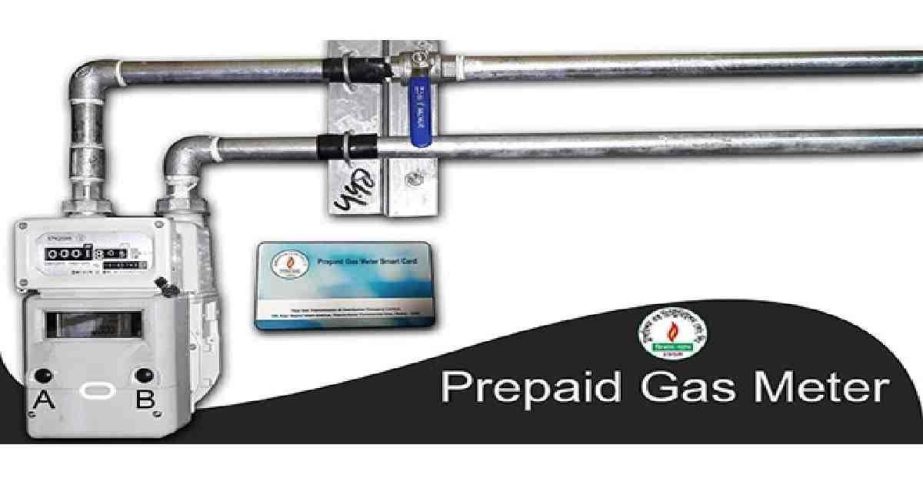
UNB, Dhaka :
Two years after the government opened the prepaid gas metre market to the private competition, none has been able to enter the fray due to lack of enough preparation.
The government’s policy, announced in 2019, initially got enthusiastic response.
Many local and foreign companies came forward to enter the lucrative market with import, development, manufacturing, marketing and supply of smart prepaid gas metre for consumers.
None of these companies has so far succeeded in their ventures.
Officials at the state-owned Petrobangla, responsible for setting the standard and technical specifications for the metres, said they are still hopeful about the arrival of the private sector.
“Already a good number of companies made demonstrations of their metres and those were enthusiastic. We hope they will be able to meet our standard and technical specifications and finally come to the market”, said Habib Uddin Ahmed, general manager (engineering), and head of the technical committee of the Petrobangla.
He, however, said it takes some time to meet our compliances as the things are new and such ventures involve huge investment.
Many of the companies are studying the market first and then they will either move for importing metres or setting up plants to manufacture locally. So they need time for their preparation, he added.
Sources said local Beximco and Bangladesh Smart Electrical Company Ltd., a joint venture of West Zone Power Distribution company and Chinese firm Hexing Electrical Co. Ltd, are among those showing interest in the business.
They said the Energy and Mineral Resources Division under the Ministry of Power, Energy and Mineral Resources took up the move for opening smart prepaid metre market for private sector in 2019.
After a long discussion with the stakeholders, it published a gazette notification on December 4 in 2019 setting a detailed standard, technical specifications and compliances for the smart pre-paid metres.

It also invited private companies to come to the market with their own devices by taking approval from the Petrobangla.
The Energy and Mineral Resources Division brought some amendments to the previous specifications and published the new gazette “Policy on Purchase and Installation of Prepaid / Smart Gas Metres from Open Market at Residential Level, 2019 (Amended 2021)” on September 23 this year.
About the private sector’s involvement in smart pre-paid metre, State Minister for Power, Energy and Mineral Resources Nasrul Hamid said the government opened the market for the private sector for pre-paid gas metres following success in prepaid electricity meters.
“Actually if the market is open for all, it will create a competition and ultimately price of metres will come down automatically”, he said.
He also mentioned that initially Titas Gas’s each prepaid metre costs $80. “Now, we hope, this cost will come down to $30 if a fair competition is ensured”, he told UNB.
He said the government wants that the smart prepaid metres should be developed in a way so that customers can recharge their metres from their mobile phones without going to any vendor.
“Sooner the smart pre-paid gas metres are installed, sooner the illegal use of gas will come down and the consumers will derive the benefits”, he added.
Petrobangla officials said there is huge demand for prepaid gas metres for the consumers under its six gas distribution companies.
The demands for these six companies will be nearly 4.2 million while the largest company Titas alone has 2.8 million household customers.
For these customers, so far only 0.35 million have come under metering coverage while the rest needs this metres, said a senior official of the Petrobangla.
Officials said each of the six companies are also taking move to buy pre-paid metres through tender process and install those at the customers’ connections.
Of these, the Titas Gas is now negotiation with Japan Bank for International Cooperation (JBIC) to get finance for 0.55 million metres and Asian Development Bank for securing a fund for 0.7 million meters.

